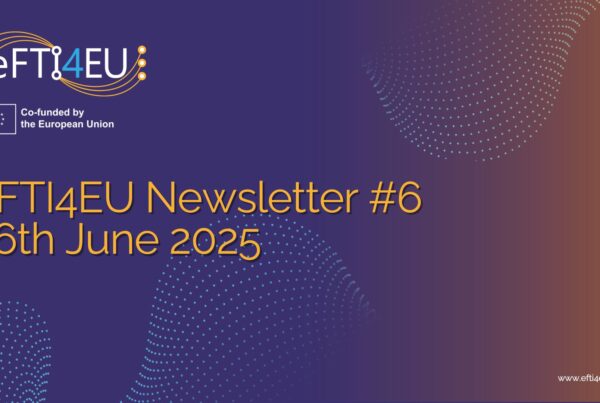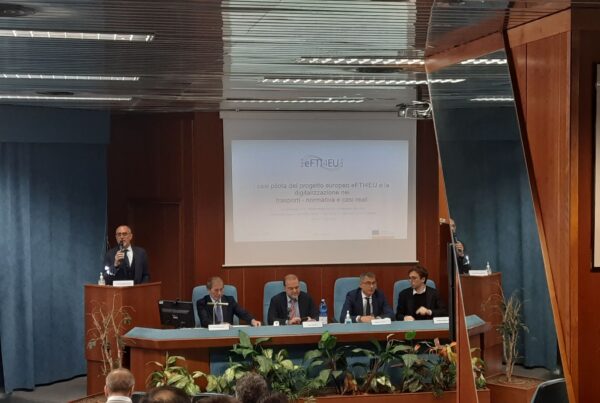On September 27 2024, the eFTI4EU and ADMIRAL projects hosted a joint webinar titled “New Regulations, New Solutions: Digital Tools for Logistics Companies.” The event focused on how digital tools can support compliance with EU regulations, improve transport management, and create new business opportunities, attracting key stakeholders from across the logistics sector. The webinar, which attracted more than 120 attendees, consisted of six presentations.
The session opened with Harri Pyykkö, ADMIRAL Project Coordinator and Senior Researcher at VTT, presenting ADMIRAL’s mission to revolutionize sustainable freight transport. Pyykkö emphasized the project’s focus on multimodal logistics and reducing emissions through a digital marketplace that ensures transparency in managing supply chains and emissions. He also highlighted the importance of supporting small and medium-sized enterprises (SMEs), which make up a significant part of the EU logistics market and stand to benefit most from these innovations.
Following Pyykkö, Eva Killar, Head of the Mobility Development and Investments Department at Estonia’s Ministry of Climate, presented on the eFTI Regulation and the eFTI4EU project. The main takeaway form her presentation was that eFTI is a critical driver for sustainability and operational efficiency in the European logistics industry.
Ieva Markucevičiūtė-Vinckė, project manager at NORMALIS TECH and PhD candidate at the Lithuanian Centre for Social Sciences, explored how digitalization empowers authorities and businesses, enhancing transparency, efficiency, and resilience in logistics.
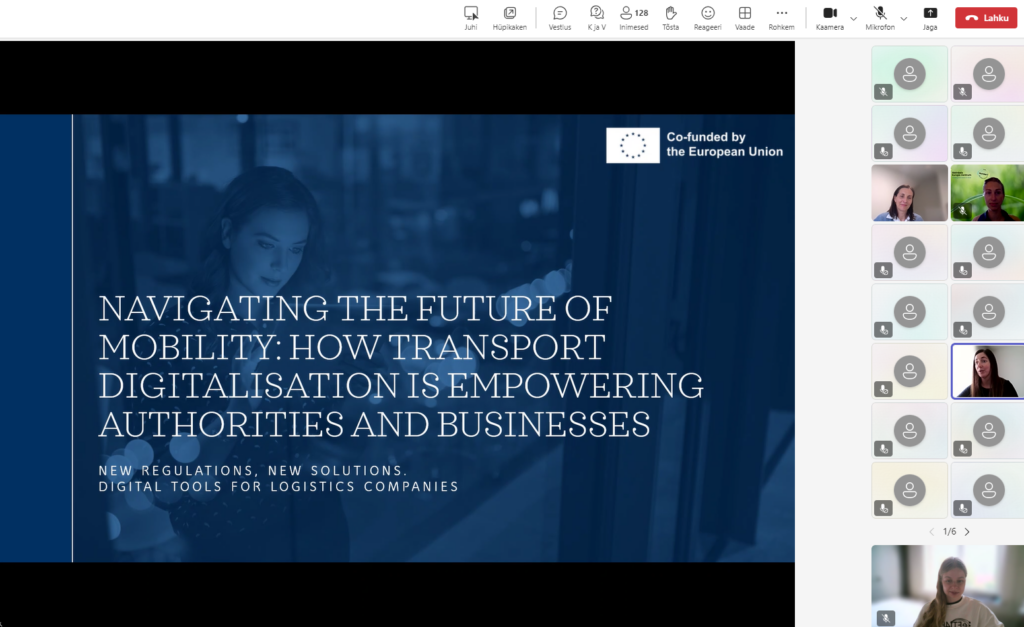
Next, Lasse Nykänen, Project Director at Vediafi and Senior Partner at eFTI EXPERTS, addressed “Digital Transformation Pushed by Public Organisations.” He discussed how public authorities are driving the shift toward digital logistics, detailing the architecture and benefits of eFTI. Nykänen showcased use cases where companies can leverage hybrid models or platforms as a service to optimize operations. He also highlighted the increasing interest in the eFTI4ALL project, which engages more member states and companies in platform development.
Simo Salminen then introduced the Marketplace, a digital platform designed to help companies maximize the value of project outcomes. Moreover, the Marketplace streamlines freight processes and helps businesses harness digital tools to reduce costs and enhance efficiency.
Finally, Alan Lewis, Chief Technical Officer at Smart Freight Centre, presented on “The Current Status of Freight Transport GHG Calculation and Reporting.” Lewis explained the latest methods for calculating and reporting greenhouse gas emissions in freight transport, emphasizing the need for transparent and standardized reporting to reduce the sector’s environmental impact.
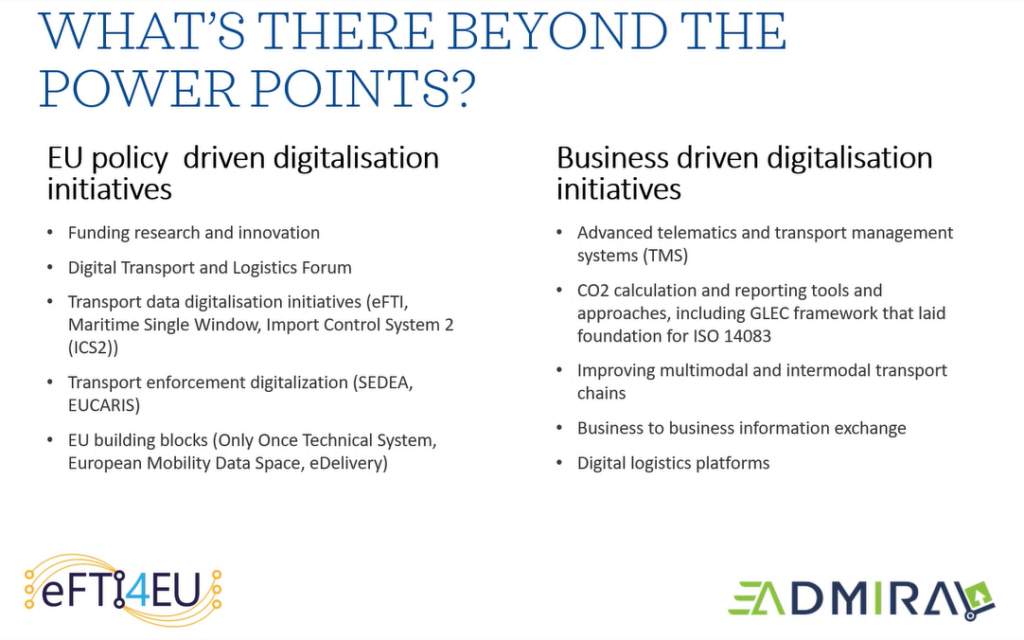
The webinar provided a comprehensive overview of key digitalization strategies and regulations, addressing the challenges companies face in implementing these frameworks. Attendees gained valuable insights into emissions calculations, the role of digital marketplaces, and the importance of integrating SMEs into the logistics ecosystem to foster sustainable change, and driving innovation across the EU logistics market. More important, the event highlighted how projects like eFTI4EU and ADMIRAL are shaping the future of logistics, providing practical tools and solutions to meet the demands of an evolving regulatory landscape. It also served as an excellent opportunity for stakeholders and participants to exchange views and collaborate, fostering a meaningful dialogue not only between the logistics sector and public authorities but also between the two project teams.


